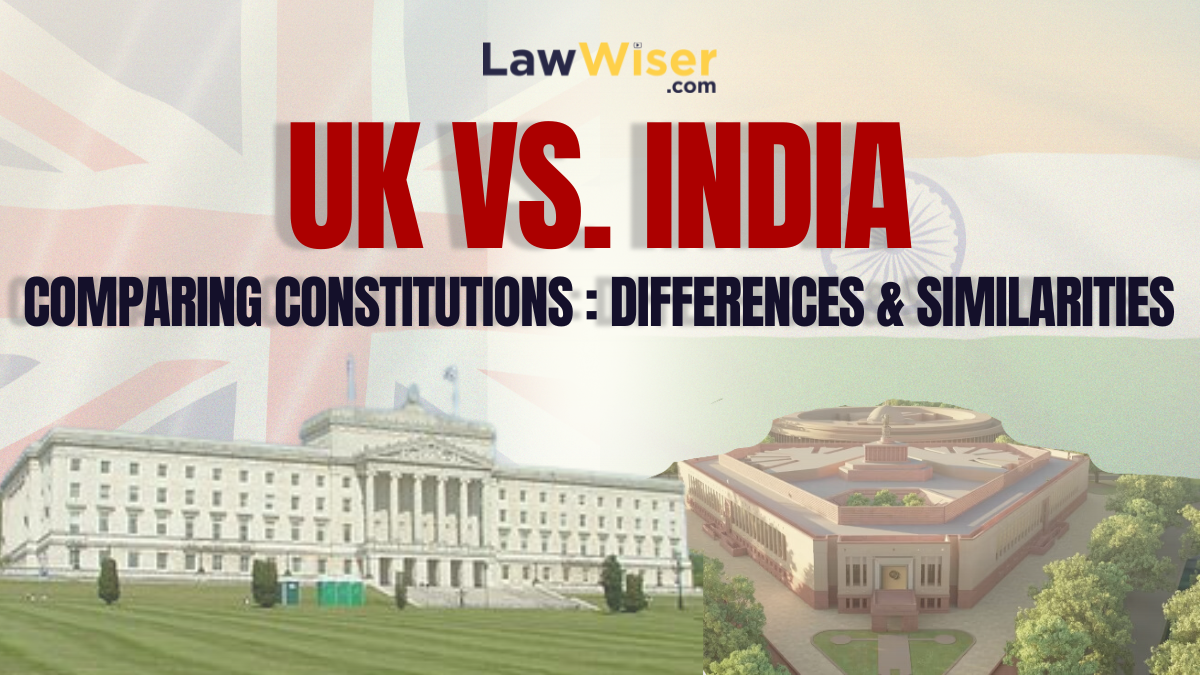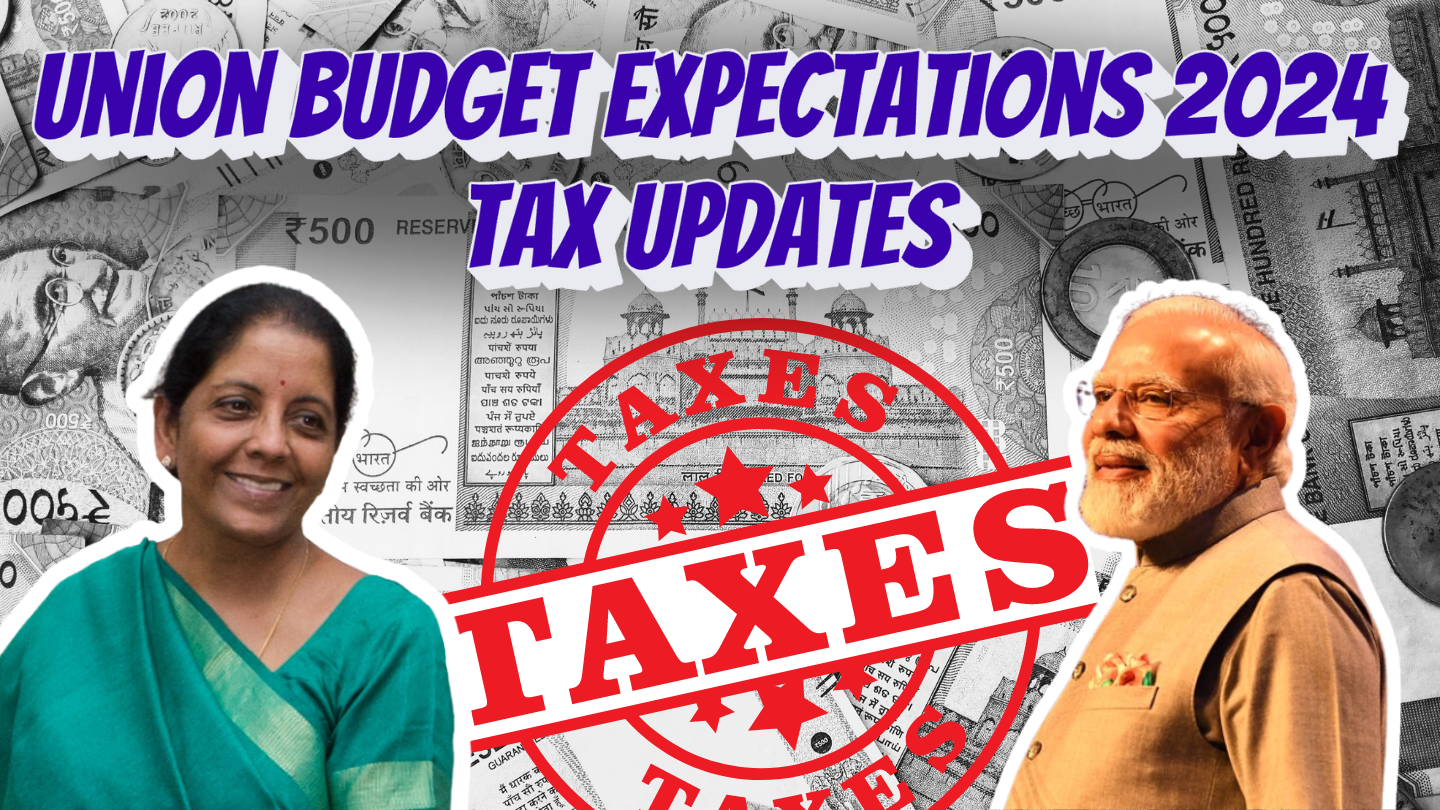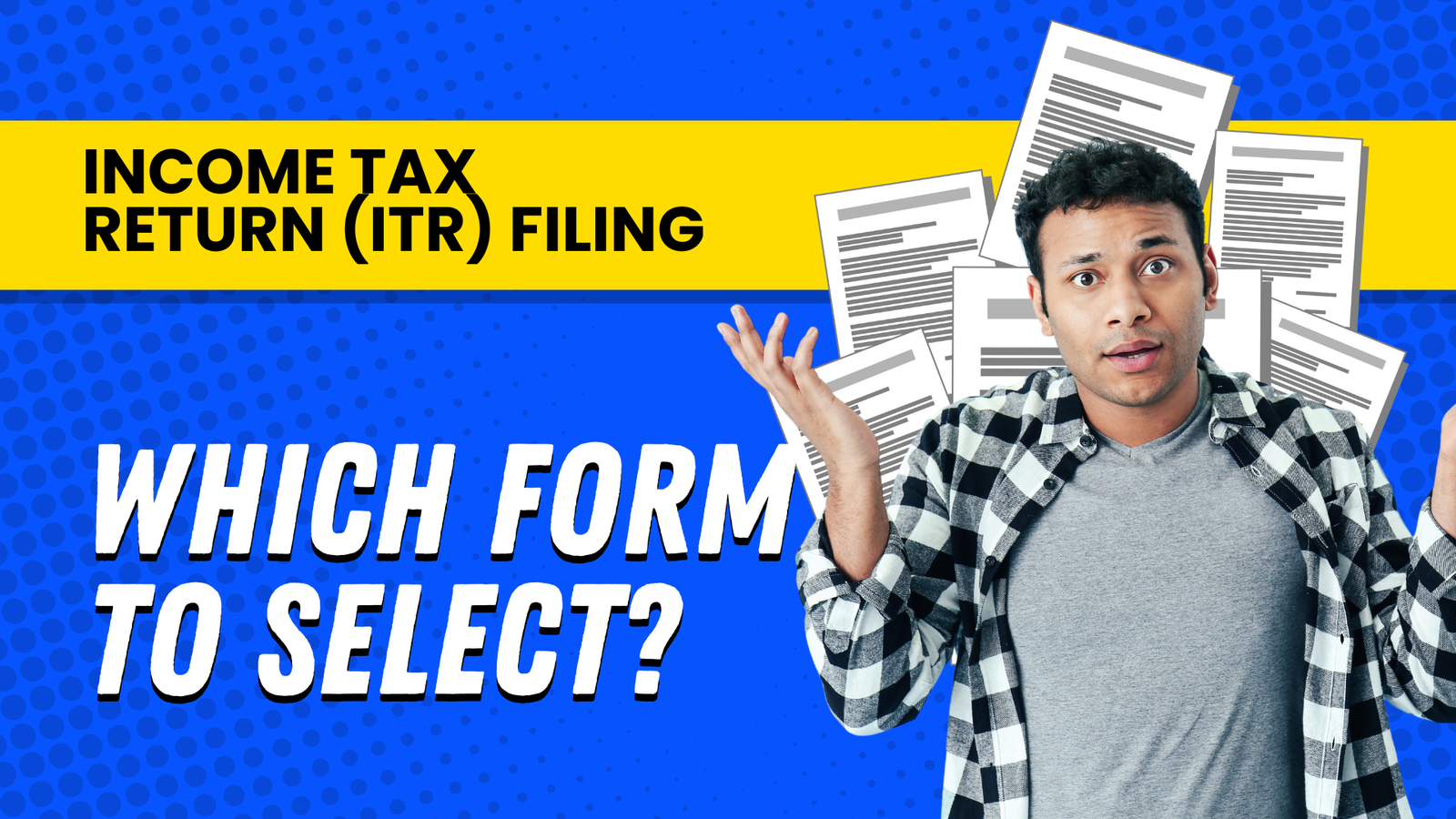EXPLORING THE TURF OF EMERGENCY ARBITRATION
We are super excited to release the full video from our panel discussion – Exploring the Turf of Emergency Arbitration powered by Phoenix Legal.
Watch well-known experts in the area of arbitration Vasanth Rajasekaran, Partner, Phoenix Legal, Devaiah P M, Group General Counsel, Adani Group and Julie Raneda, International Arbitration Group, Schellenberg Wittmer, decode and simplify all you need to know about emergency arbitration.
Emergency Arbitration is preferred in cases where parties cannot wait for the formation of an Arbitral Tribunal as it would cost irreparable loss to them.
Our panellists are not only widely experienced but also come from different jurisdictions and backgrounds which has enabled them to give us an all-rounded understanding.
They cover some highly important aspects such as:
-How emergency arbitration differs from interim reliefs sought under the Arbitration Act
-The doctrine of party autonomy and Emergency provisions of the SIAC
-Lessons learnt from SIAC and
-How arbitrators decide upon the emergency nature of these reliefs Despite having covered a lot in terms of subject matter,
it’s all done in the most concise way possible! #Watchnow
INTRODUCTION
Emergency Arbitrations (EA) are conducted in pursuance of an agreement between the disputants, often on short notice due to the scarcity of time and urgency of the relief sought. Under most of the rules, the Emergency Arbitration, upon passing the interim award, becomes functus officio.
Parties prefer invoking provisions for Emergency Arbitration for seeking interim reliefs, which would prevent the frustration of the subject matter of the dispute. However, the emergency arbitration has successfully widened its wings due to the people involved in disputes lately. They are never in favor of running for litigation costs and the wastage of their valuable time.
THE OBJECTIVE OF EMERGENCY ARBITRATION
The main objectives are –
– To provide urgent pro tem to a party or parties that cannot await the formation of an Arbitral Tribunal.
The efficacy of an Emergency Arbitration, invoked by a party, survives on a chariot of two wheels:
· Fumus boni iuris- Reasonable possibility that the requesting party will succeed on merits;
· Periculum in mora – if measure is not accessible, the loss will not be reimbursable.
MORE ABOUT EMERGENCY ARBITRATION
Emergency Arbitration contains speedy reliefs that are never opposed by anyone so far involved in the disputes as arbitration. Moreover, Tribunals are highly preferrable over the litigation forums because, there is the massive scope of leakage of confidential information that is likely to cause damage to the reputation of the clients.
Jurisdictions such as Singapore, Hong Kong, New Zealand, and Switzerland have accorded statutory recognition to-
– Ensure a harmonious adaptation of international arbitral practices into their domestic regimes.
While the United Kingdom and the United States have not enacted specific legal provisions in this regard. Several judicial rulings have recognized and allowed enforcement of emergency awards and orders.
THE CONTROVERSY
There has been a lot of noise lately regarding the disputes related to emergency arbitration, Amazon, Future Group and Reliance, wherein Amazon managed to obtain an interim order from an Emergency Arbitrator under the SIAC Rules, restraining the Future Group entities from proceeding with the INR 24,700 Crore deal to monetize the retail business.
However, questions were not raiseable about whether such an interim order passed by an emergency arbitrator could be enforced in India.
This is evident from the definition of foreign award under Section 44 of the Act, which mentions arbitral awards and not interim awards.
Moreover, as outlined in Section 48 of the Arbitration Act, the enforcement of a foreign award is not enforceable.
-if the opposite party proves that the award has not become binding.
CONCLUSION
The problems shadowing the emergency arbitration about the threshold tests is true and evident.
However, Applying Section 44 along with Section 48 in the Future-Amazon dispute, it is inferable that there are reasonable doubts upon the enforceability of the emergency award permittable by SIAC under the Part II of the Arbitration Act.
Apart from the mentioned queries, we may also need answers-
if the full potential of EA is realizable by amending the existing Arbitration laws in India?
Visit our Website to Explore more – https://lawwiser.com//
To feature yourself, connect us on editorial@lawwiser.com











